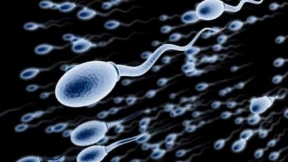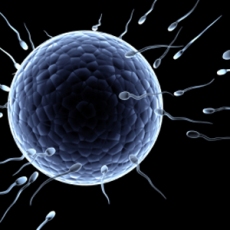
Certain lifestyle factors are linked to higher rates of damage in the genetic material in men’s sperm, a study suggests. The damage – which may stem from factors like obesity, stress and even cell phone use – could affect men’s ability to conceive as well as the genes passed to their children, researchers say. Semen analysis usually looks at the numbers and the condition of whole sperm. But the authors of a small study in Poland believe the degree of breakage, or fragmentation, in DNA strands in the sperm might be a better indicator of fertility.

Men with fragmentation have lower odds of conceiving naturally and through procedures like in vitro fertilization, they write in the International Journal of Impotence Research. Researchers have noticed before that lifestyle factors can influence the level of sperm DNA fragmentation, said Ricardo P. Bertolla of Sao Paulo Federal University in Brazil, who was not part of the new study. “More importantly, we do expect that environmental and lifestyle factors may influence male fertility, but the degree of response is highly variable among individuals,” Bertolla told Reuters Health by email. Dr. Marian Radwan of Gameta Hospital in Rzgow, Poland, focused their study on 286 men under age 45 who were attending an infertility clinic. Most of the men were overweight, nonsmokers, and with moderate levels of work stress and life stress. Half had been using a cell phone for 6 to 10 years. Men who were obese or had used a cell phone for more than 10 years also tended to have a higher percentage of immature sperm than others. Coffee or alcohol use, smoking and physical activity levels were not linked to DNA fragmentation, the researchers report. There is some evidence that DNA damage, beyond affecting a man’s fertility, may be passed along to offspring, raising their risk of gene mutations linked to various illnesses, the study team notes.









